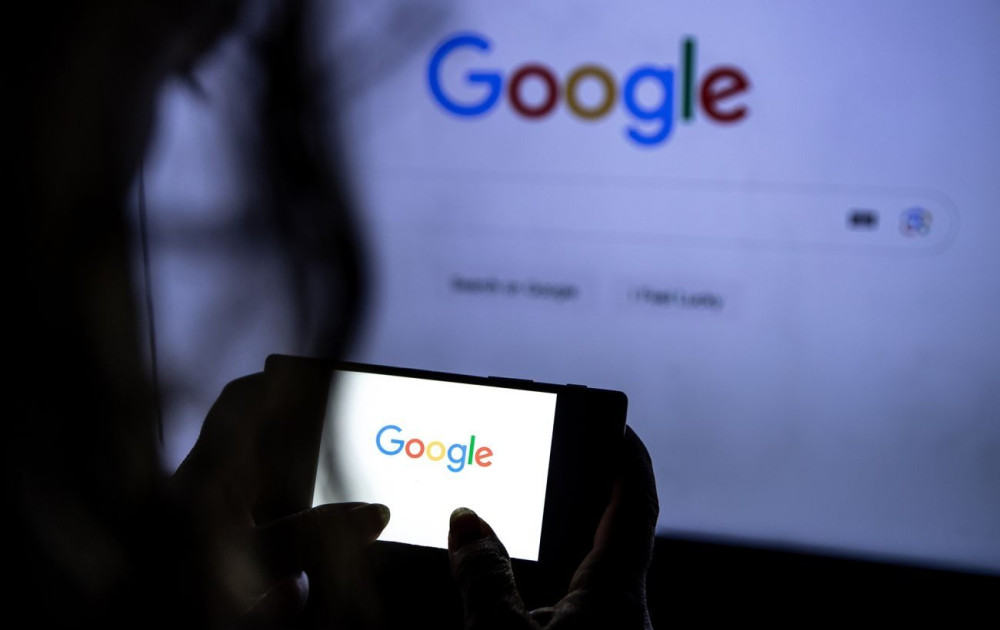Google is leveraging content from its vast YouTube library to enhance its AI models, including Gemini and the new Veo 3 video and audio generator. CNBC reports this based on its sources.
One source indicated that a collection of 20 billion videos is being used for training. Google confirmed this but clarified that it only involves a portion of the content and is done in accordance with agreements with creators and media companies.
A YouTube representative explained that the company has always utilized its own content to improve its services, and the emergence of generative AI has not changed this. "We understand the importance of guarantees, so we have developed robust protection mechanisms for creators," they stated.
However, experts are concerned about the implications for copyright. They believe that using others' videos for AI training without the knowledge of their creators could lead to a crisis in intellectual property. While YouTube claims it has previously communicated this, most creators were unaware that their content was being used for training.
Google does not disclose how many videos are used to train its models. But even if it's just 1% of the library, that amounts to over 2.3 billion minutes of content—40 times more than its competitors.
When creators upload videos, they grant YouTube broad permission to use the content. At the same time, there is no option for them to opt-out of having their videos used for Google's model training.
Representatives from organizations advocating for digital rights argue that creators' years of work are being used to develop AI without any compensation or even notification. For instance, the company Vermillio has created a service called Trace ID that identifies similarities between AI-generated videos and original content, with some matches exceeding 90%.
Some creators are open to having their content used for training, viewing new tools as opportunities for experimentation. However, most feel that the situation lacks transparency and requires clearer rules.
YouTube has even entered into an agreement with the Creative Artists Agency to develop a management system for AI content that imitates famous individuals. However, the mechanisms for removing or tracking similar content are still inadequate.
Meanwhile, calls are already emerging in the U.S. for providing authors with legal protection that would allow them to control the use of their creative work in the age of generative AI.
Additionally, it is worth noting that Google recently revised its internal content moderation rules on YouTube—now videos that partially violate guidelines can remain online if deemed to be of public importance.



